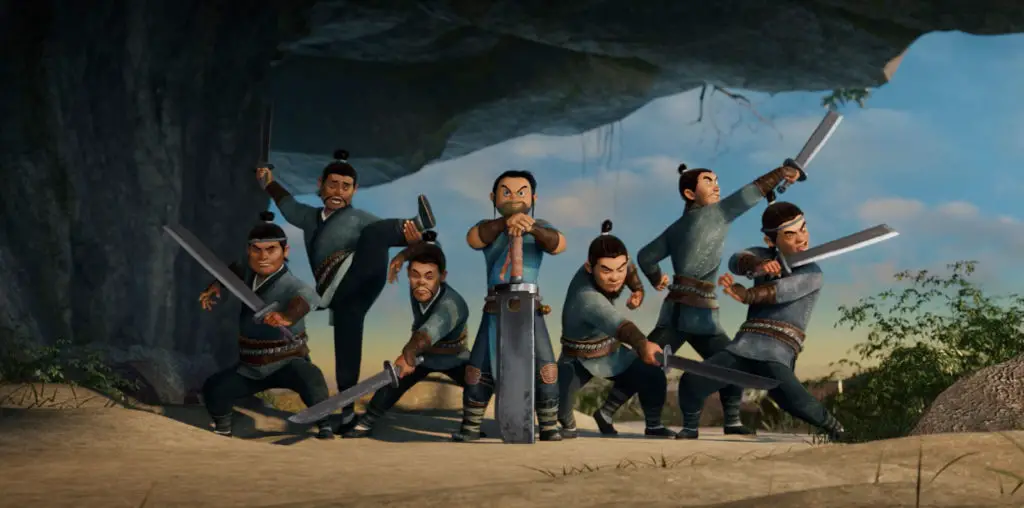
Okay, let’s just go ahead and get this out of the way: writer/director David DeFalco’s “Chaos” is a mean-spirited, violent, at times vicious film that has no redeeming value outside of the fact that it’s a pure, senseless exploitation film. It is a film so brutal, so harsh and mean, that critics are already attacking its nihilism and denouncing its barbaric violence.
It received a bit of attention recently when Roger Ebert trashed it in his zero star review and decried that it denied the value of life and the possibility of hope. The film’s writer/director and producer wrote Ebert a lengthy letter in which they tried to explain the movie, but Ebert would have nothing to do with their explanation. Since then, several critics and websites of note have reviewed the film and all have denounced its violence and bestowed it with zero star reviews.
By virtue of the fact that “Chaos” has managed to piss off nearly everyone with its unflinching, extremely disquieting violence is a testament to the filmmaker’s ability at mastering the exploitation genre. While he may not be a master filmmaker, DeFalco, like Craven and Hooper before him, has managed to make an extremely effective and grotesque film.
As for the film itself, it is a blatant rip-off of Wes Craven’s once-shocking “Last House on the Left,” so much so that Craven deserves a story credit.
When Emily and Angelica, two college girls visiting Emily’s parents in the country, go to a rave, they find themselves in a world of horrors when they follow a dark loner, Swan, who takes them away from the rave in search for some Ecstasy.
Swan is actually the son of Chaos, a notorious serial killer who, along with his cronies, is waiting in an abandoned house for Swan to return with some fresh meat. From there, we’re thrown into a remake of “Last House on the Left” in which the girls are tortured, humiliated, raped, and murder—or, as is the case with the first victim, murdered then raped. The torture and murder scenes are so graphic, so horrendous that I actually turned away from the screen; it is the most brutal murder sequences I’ve ever had the displeasure of watching.
Chaos and crew are played with such mean-spirited moxie that it becomes easy to sympathize with the victims, and on that level the film does work. It also excels at presenting its violence, though in those sequences it is extremely difficult to watch. But the crude approach to the making of the film, and the inherent nihilism of a film of this nature creates a disquieting atmosphere that makes the film increasingly hard to watch.
But that’s the point isn’t it? This is an exploitation film in the truest sense of the word, and it’s obvious that that was what DeFalco and crew intended. And while a comedy should be judged by the laughs it elicits, a violent exploitation film should be judged by the disturbing violence that it sets out to create. And, for its lack of humanity and its mean-spirited nature, “Chaos” does manage to succeed on that level.
While I’m hesitant to recommend this film, I would like to equate it to a horrendous car crash. Although you shouldn’t pause to look at the carnage, I wouldn’t hold it against you if you did.
